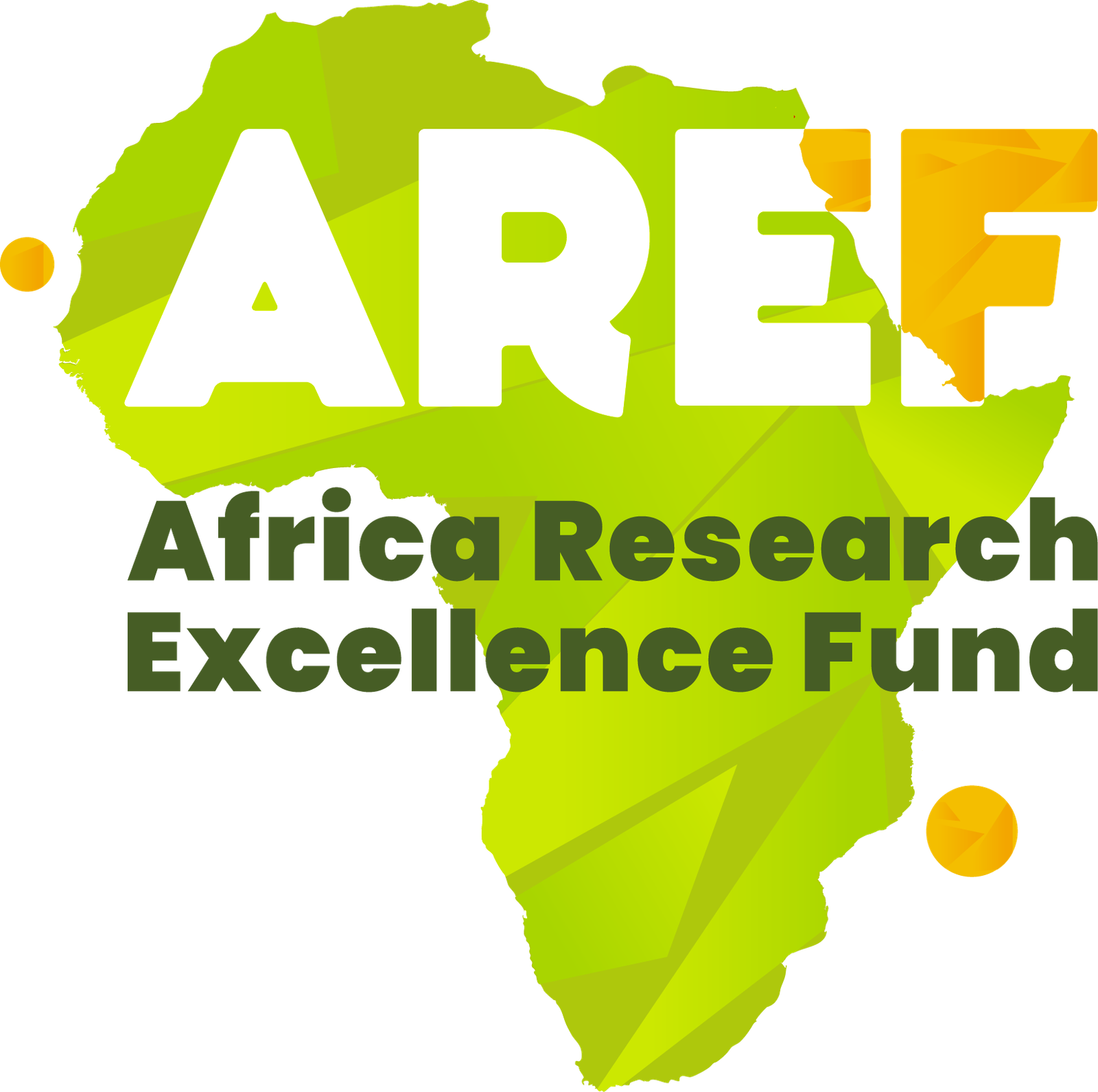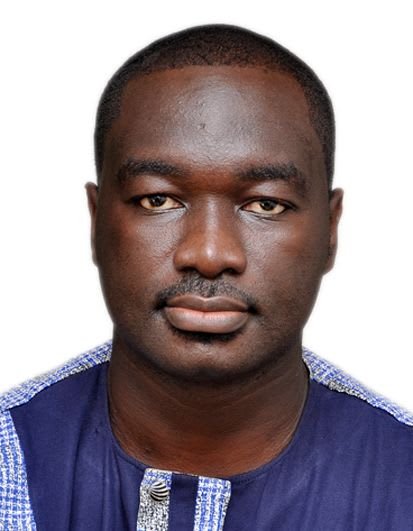Employing institution: Noguchi Memorial Institute for Medical Research, University of Ghana
Host institution: University of Cambridge, UK
Project title: Building capacity in computational biology for exploring the clinical relevance of zoonotic TB and non-tuberculous mycobacteria towards future control tools development and drug resistance monitoring.
Dr Asare’s PhD research identified hotspots for recent tuberculosis (TB) transmission which provided evidence-based data to the national tuberculosis control programme for performing targeted screening of population at risk. Currently, he is a research fellow at the Noguchi Memorial Institute for Medical Research, where his research focuses on understanding the transmission dynamics of mycobacteria related diseases, he also provides postgraduate supervision, offers teaching/training, and supports laboratory quality management systems.
AREF Fellowship:
To date, there is limited knowledge about Mycobacterium bovis transmission in Ghana. The work of Dr Asare and colleagues has demonstrated that M. bovis infections are significantly higher in TB patients who have had direct contact with livestock or their unpasteurized products. M. bovis’ intrinsic ability to be resistant to some of the anti-TB drugs poses hinderance to treatment and control of mycobacterial lung diseases while increasing drug resistant development.
Dr Asare hypothesises that zoonotic spill over may be the cause of frequent isolation of M. bovis in clinical cases. His research sough to adopt comprehensive and enhanced sampling from both humans and animals, combined with computational biology analysis, to be able to model and predict future zoonotic spill overs and define clinically relevant mycobacteria, to aid in the effective control and management of mycobacterial lung diseases. Dr Asare’s placement was completed at the laboratory of Prof. Julian Parkhill at the Department of Veterinary Medicine, University of Cambridge.
Prince’s had a successful placement where he gained advanced skills on analysing bacterial genomes that help to understand pathogen transmission, won additional grant from Cambridge-Africa ALBORADA Fund to organise a bioinformatics workshop in his home institution in Ghana. He is already collaborating with other institutions to support West African researchers interested in broadening their knowledge on in bioinformatics, genomics and sequencing.
As I increase the amount of One Health research being conducted at my host institution, I now have the confidence to engage stakeholders in the field including veterinary officers as well as research scientists. The experience gained developing and delivering bioinformatics training workshops in Ghana will help raise my profile both within my own institution but also regionally and globally. Through this AREF fellowship, I now have the confidence to call myself an applied bioinformatician.
Dr Asare’s home organisation leads research into mycobacterial diseases in Ghana and are well suited to address the hypothesis posed after gaining in-depth capacity in computational biology and modelling from his placement period.



